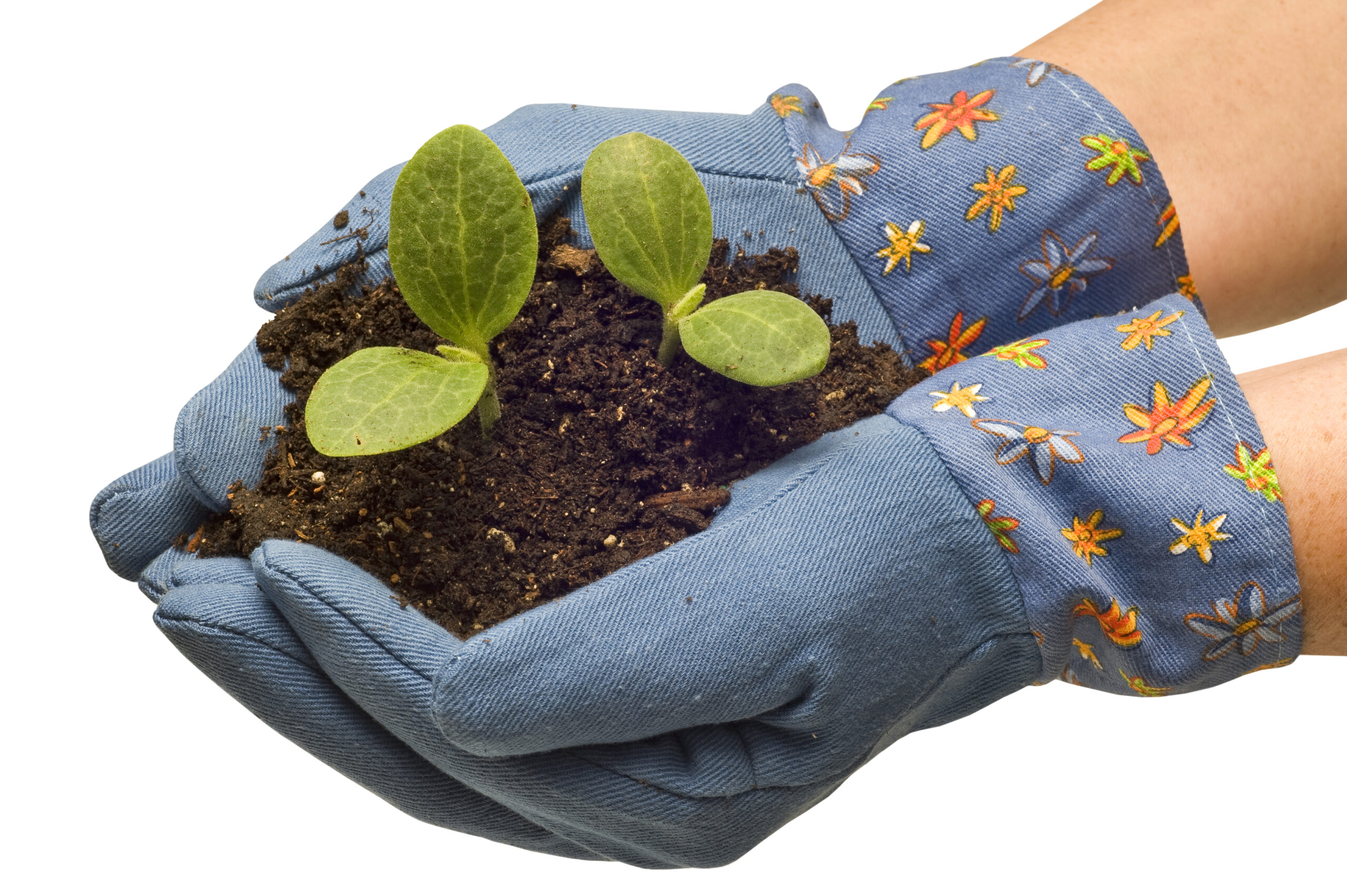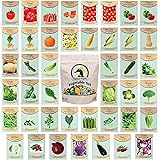DIIYIV 2PCS 12x4x1FT Galvanized Raised Garden Bed Kit,Vegetable Boxes-Rectangle Metal Flower Box,Large Planter Raised Beds Outdoor Garden for Planting,Fruit,Herb-Sliver
10% OffGoCampDriect 6IN1 Raised Garden Bed - 8x3x1ft Galvanized Raised Garden Boxes Outdoor Corrosion Resistant | Variable Shape 9x2x1ft Metal Raised Garden Beds for Planting Vegetable, Fruits,Flower
$77.99 (as of 14:42 GMT -05:00 - More infoProduct prices and availability are accurate as of the date/time indicated and are subject to change. Any price and availability information displayed on [relevant Amazon Site(s), as applicable] at the time of purchase will apply to the purchase of this product.)Are you ready to start composting at home? Composting is a great way to reduce waste and create nutrient-rich soil for your garden. In this beginner’s guide, we will cover everything you need to know to get started with composting.
What Is Composting and Why Should You Start?
Composting is the process of breaking down organic matter into a rich, nutritious soil amendment that can be used in your garden. It’s an eco-friendly way to dispose of food scraps and yard waste while also creating a valuable resource for your plants. By composting, you can reduce the amount of waste sent to landfills and help combat climate change by reducing methane emissions from decomposing organics.
The Basics of Starting Your Own Compost Pile
To start composting at home, you will need a few basic supplies:
A compost bin or pile: You can buy a pre-made compost bin or make your own using pallets or chicken wire. Alternatively, you can create a free-standing pile in a corner of your yard.

Brown materials (carbon): This includes dried leaves, shredded paper, and dead plant material. These materials provide the carbon needed to balance the nitrogen in your compost pile.
Green materials (nitrogen): This includes fresh grass clippings, fruit and vegetable scraps, coffee grounds, and animal manure. These materials provide the nitrogen needed to heat up your compost pile.
Water: Moisture is essential for composting, so keep your pile moist but not soggy.
Tips for Maintaining a Healthy Compost Pile
Once you have set up your compost pile, there are a few things you can do to ensure it stays healthy:
Turn your pile regularly: This helps aerate the materials and distribute moisture evenly throughout the pile.
Keep it balanced: Make sure you have a good mix of brown and green materials to maintain a proper carbon/nitrogen ratio.
Add microorganisms: You can add compost starter or finished compost to your pile to introduce beneficial bacteria and fungi.
Troubleshooting Common Composting Problems
Even if you follow all the rules, sometimes problems can arise when composting. Here are some common issues and how to address them:
Not enough airflow: If your pile is too wet or dense, it may not receive enough oxygen to break down properly. Try turning your pile more frequently or adding more brown materials to increase airflow.
Too much water: If your pile is constantly soggy, try adding more dry materials like shredded paper or dried leaves.
Smells bad: If your pile smells sour or unpleasant, it could be due to excessive moisture or lack of airflow. Try turning your pile more often or adjusting the moisture level.
In conclusion, starting a compost pile at home is easy and rewarding. With these tips, you should be well on your way to creating nutrient-rich soil for your garden. So what are you waiting for? Get started today!
Related Content
- New food waste composting law waits as cities like Fresno make changes | YourCentralValley.com
- Grow Your Own Organic Vegetables, Fruit And Herbs With These Tips
- Tips for indoor <b>composting</b>
- Why Choose Organic? The Dangers of Chemical Pesticides in Food Production
- Bill to legalize human composting signed by Oregon Gov. Kate Brown















































